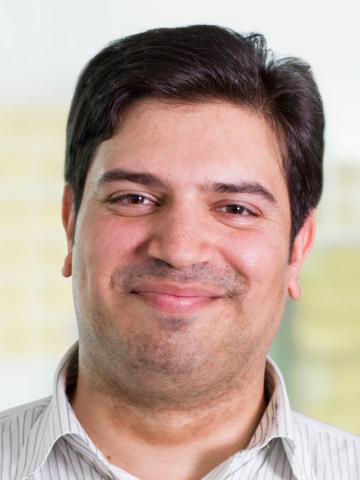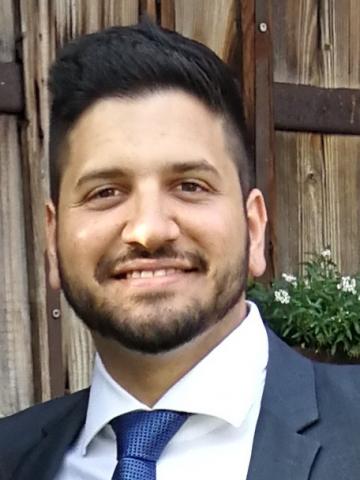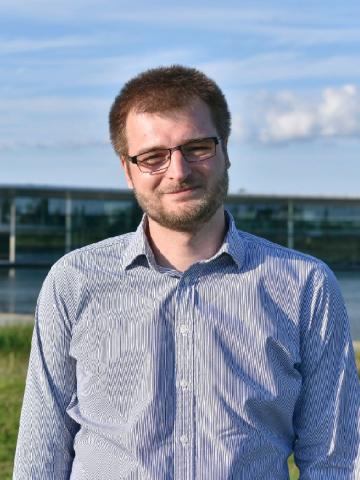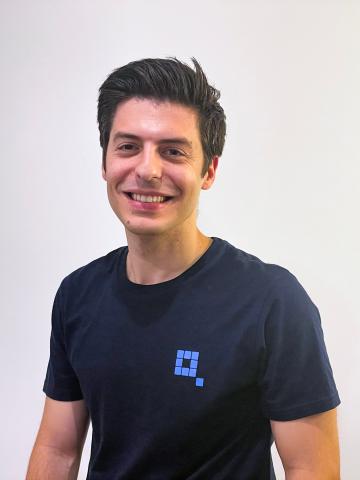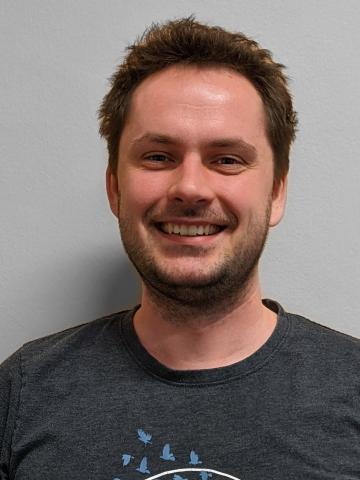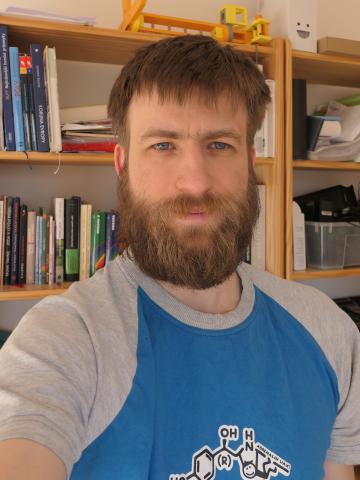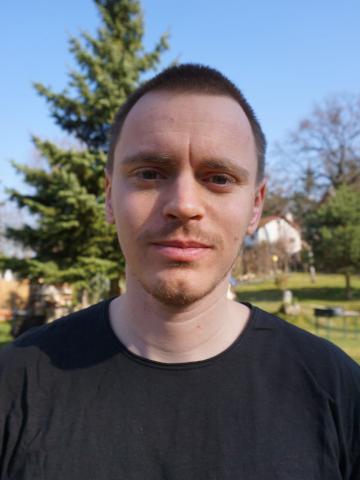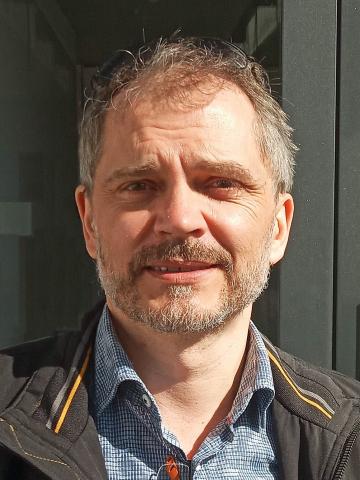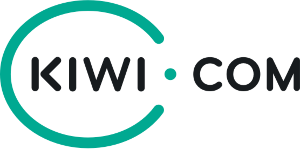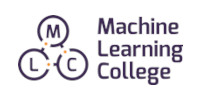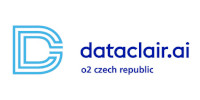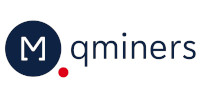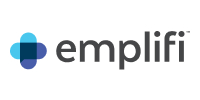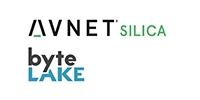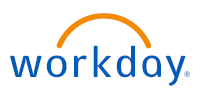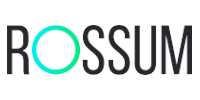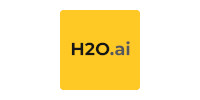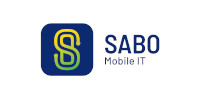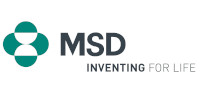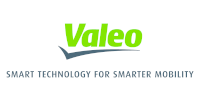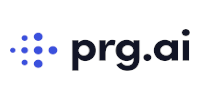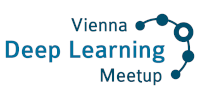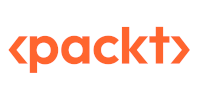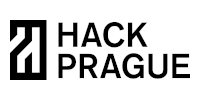The biggest European conference about ML AI and Deep Learning applications
running in person in Prague and online.
Machine Learning Prague 2022
In cooperation with Kiwi.com
– , 2022
TicketsWorld class expertise and practical content packed in 3 days!
You can look forward to an excellent lineup of 45 international experts in ML and AI business and academic applications at ML Prague 2022. They will present advanced practical talks, hands-on workshops and other forms of interactive content to you.
Stay tuned. We will publish our full program with talks and 1-day, hands-on workshops soon!
What to expect
- 500+ Attendees
- 3 Days
- 45 Speakers
- 8 Workshops
- 2 Parties
Phenomenal Speakers
Practical & Inspiring Program
Friday
Workshops
at CEVRO Institut, Jungmannova 28/17, Prague 1 (workshops won't be streamed)
Registration –
| Room 103 | Room 106 | Room 203 | Room 205 | ||
|---|---|---|---|---|---|
|
–
coffee break – |
Text analysis with Apache Spark 3.x and PythonRoom 103
David Vrba, Emplifi Apache Spark became a standard for data processing in a big data environment. It is well integrated with the Python programming language and the integration became even more emphasized in the 3.x releases. In this hands-on workshop we will see how Spark can be used for analyzing textual data using Spark SQL along with the native package for machine learning - Spark ML. We will also explore Spark NLP which is a state-of-the-art library for natural language processing that provides machine learning and deep learning capabilities for text analysis on top of Spark. |
Synthetic Data Generation for Computer VisionRoom 106
Frederick Bednar, EBCONT Collecting reliable and properly labeled image and video data in sufficient quantities denotes one of the major challenges in computer vision still preventing many projects both in research and industrial domains from seeing the light of day. In this workshop we would like to show you how to generate and use synthetic datasets with the help of game engines in order to accelerate the image annotation process. We will augment our datasets using domain randomization techniques to simulate possible variations and scenarios in the real data. Finally we will use these datasets to train a neural network and demonstrate the benefit of this approach by measuring the network’s performance against real data. |
Language Model Essentials: Pre-training, Metrics, and CommunityRoom 203
Nick Doiron, Hewlett Packard Enterprise Learn the essentials to train fine-tune and patch language models with the Transformers library. In this workshop we will compare accuracy of masked language models on select tasks using architectures such as BERT and T5. For generative models (such as GPT-2) we explore the options to generate text through greedy search and beam search. In the end we will cover how to participate in the open source NLP community including sharing language models on HuggingFace and/or AdapterHub. |
ML in live data processingRoom 205
Tomáš Neubauer, Quix In this workshop you will learn how to use machine learning in real-time systems. You will process data live with a trained ML model with almost no latency. In 3 hour workshop you will get a chance to build PoC using Python from scratch with a team that worked in F1 racing processing car telemetry at a massive scale. |
|
| – |
|
||||
|
–
coffee break – |
Explainable AI/ML (XAI) in PythonRoom 103
Radovan Kavicky, GapData Institute In this workshop led by Radovan Kavicky from Datacamp Basecamp.ai & GapData Institute you will get familiar with Explainable AI (XAI) and how to implement these principles in Python. Together we will open the "black box" of machine learning where sometimes even its designers cannot fully explain why an AI/ML arrived at a specific decision and also point out differences from statistical learning. We will learn how to better design systems that imitate intelligence in transparent way and you will also get an overview of current trends in Explainable AI/ML. |
Practical aspects of reinforcement learning: Build your own elements of contextual bandits in TF-AgentsRoom 106
Michal Kubišta, Dataclair.ai Reinforcement learning (RL) models are a new type of intelligent machine that can help you drive your car or beat you in Starcraft. There are many RL libraries and they implement a wide range of policies (models) environments and other elements of RL. However they can never cover all use cases and you might quickly find out you need to build your pieces to make the package work for your project. This decision likely leads to scarcely documented protocols and interfaces you need to fulfil and this is where we want to help. Since implementing the full reinforcement learning solutions in a business setup (outside of the typical use cases with simulated environments) leads to additional complexities this workshop will focus on contextual multi-armed bandits (CMAB) a middle step between supervised and reinforcement learning. We will first review all building blocks of the RL / CMAB framework and then walk you through building a custom implementation of those elements which will include a lot of code running on tf.Graph. After this session you should understand the (dis)advantages of using CMAB and be ready to start using TF-Agents in your projects. |
Reverse Image SearchRoom 203
Jan Rus, Emplifi Find most similar images in the data given a reference image. We start with a simple baseline using ImageHash. Then show its limitations and proceed to a more robust solution using the latest DL models. With an adjustable threshold specifying how big differences are allowed. Along with fixes for edge-cases like completely black or white images. |
Recommendation systems and user representationsRoom 205
Tomáš Nováčik, Seznam.cz Popularity of deep neural networks and embeddings in machine learning is transcending into the realm of recommender systems and is getting attraction within industry. Recommendation systems are used in many industries such as eCommerce social networks content providers and many more. They are improving user experience radically. In the theoretical part of the workshop we will go through different architectures of neural networks that are currently the state of the art in the recommendation domain. In the practical part we will train deep neural networks on our internal datasets and demonstrate benefits of various architectures and user features. In particular we will show how to employ a variety of user features to address the cold-start problem. |
|
| - |
|
||||
Saturday,
Workshops
La Fabrika, Komunardů 30, Praha 7 (and on-line)
Registration from 9:00
Welcome to ML Prague 2022

The high-dimensional geometry of deep neural network loss landscapes
Stanislav Fort, Anthropic, Stanford University
Seznam.cz organic search going semantic
Jakub Náplava, Seznam.cz
Thinking outside of the Euclidean Space: An introduction study to Graph Machine Learning and its Applications
Sachin Sharma, ArangoDBLUNCH

Towards human-like synthetic voice
Petr Fousek, The Mama ai
Lessons learned while training GANs
Jan Maly, STRV
Living in Perfect Harmony - Where Music and Machine Learning Meet
Yama Anin Aminof, Meta (formerly Facebook)COFFEE BREAK

Rule induction and reasoning in knowledge graphs
Daria Stepanova, Bosch Center for AI
Multi-modal question answering on text and tables
Timo Möller, Deepset
Alquist, the social bot
Jan Šedivý, CIIRC, Czech Technical UniversityCOFFEE BREAK

Combating drift in production ML
Ashley Scillitoe, Seldon.io
The changing EU legal landscape on AI – challenges and opportunities
Christina Hitrova, PwC Sunday,
Conference day 1
La Fabrika, Komunardů 30, Praha 7 (and on-line)
Doors open at 08:30

Deep Learning Discovery of New Exoplanets
Hamed Valizadegan, NASA
Understanding ML via exactly solvable models
Lenka Zdeborová, École Polytechnique Fédérale de Lausanne
Bayesian Modeling in Industry
Thomas Wiecki, PyMC LabsCOFFEE BREAK

Image-to-lidar self-supervised distillation for autonomous driving data
Gilles Puy, Valeo.ai
Zero to Hero: AI based assistance in industrial machine operation
Timo Leitritz, Fraunhofer Institute for Manufacturing Engineering and Automation
Kaggle competitions in object detection
Yauhen Babakhin, H2O.aiLUNCH

Deploying transformers at scale: Addressing challenges and increasing performance
Pieter Luitjens, Private AI
Building complex ML pipelines to tackle business document understanding
Milan Šulc, Rossum.aiPetr Baudis, Rossum.ai

Using machine learning to accelerate drug discovery
Aisling O’Sullivan, DataclairCOFFEE BREAK
PANEL DISCUSSION
Lenka Zdeborová, École Polytechnique Fédérale de LausanneDaria Stepanova, Bosch Center for AI
Thomas Wiecki, PyMC Labs
Petr Baudis, Rossum.ai
CLOSING REMARKS
Have a great time Prague, the city that never sleeps
You can feel centuries of history at every corner in this unique capital. We'll invite you to get a taste of our best pivo (that’s beer in Czech) and then bring you back to the present day to party at one of the local clubs all night long!
 alt="">
alt=""> Venue ML Prague 2022 will run hybrid, in person and online!
We are happy to announce that ML Prague is back as an in-person event in 2022. The main conference will be held at La Fabrika while our workshops will take place at CEVRO Institute. After 3 years, we can finally enjoy the conference together in one place.
We will also livestream the talks for all those participants who prefer to attend the conference online. Our platform will allow interaction with speakers and other participants too. Workshops require intensive interaction and won't be streamed.
Conference Hall
La Fabrika
Komunardů 30, Praha 7
Workshops
CEVRO Institut
Jungmannova 28/17, Prague 1
Now or never Tickets
Early Bird
Sold Out
-
Conference days € 195
-
Only workshops € 150
-
Conference + workshops € 330
Standard Ticket
Sold Out
-
Conference days € 240
-
Only workshops € 170
-
Conference + workshops € 390
Hybrid Ticket
Sold out
-
Conference days € 280
-
Only workshops € 195
-
Conference + workshops € 450
What You Get
- Practical and advanced level talks led by top experts
- 2 parties in the city with people from around the world. Let’s go wild!
- Delicious food and snacks throughout the conference
They’re among us We are in The ML Revolution age
Machines can learn. Incredibly fast. Faster than you. They are getting smarter and smarter every single day, changing the world we’re living in, our business and our life. The artificial intelligence revolution is here. Come, learn and make this threat your biggest advantage.
Our Attendees What they say about ML Prague
Thank you to Our Partners
Co-organizing Partner
Platinum Partners
Gold partners
Silver Partners
Communities and Further support
Happy to help Contact
If you have any questions about Machine Learning Prague, please e-mail us at
info@mlprague.com
Organizers

Jiří Materna
Scientific program & Co-Founder
jiri@mlprague.com
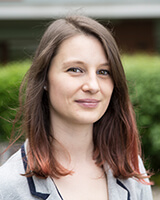
Teresa Caklova
Event production
teresa@mlprague.com

Natalija Slavkovska
Social media
natalija@mlprague.com
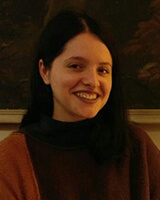
Jona Azizaj
Communities and partnerships
jona@mlprague.com

Gonzalo V. Fernández
Marketing
gonzalo@mlprague.com






















